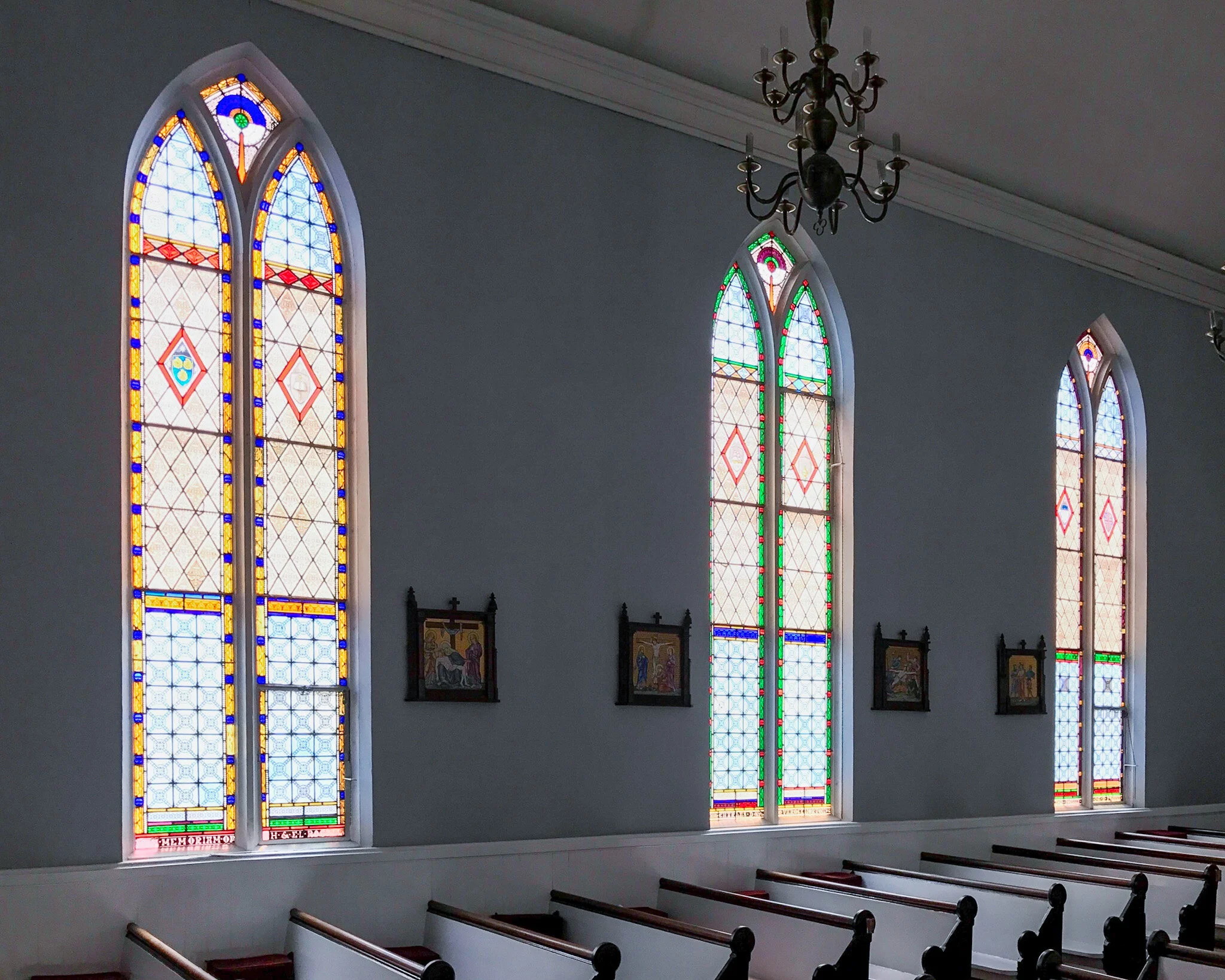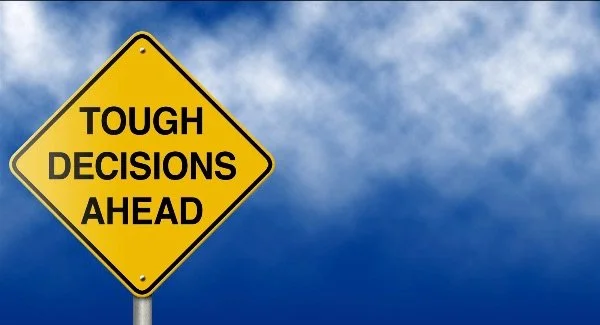Perfection, in the spiritual sense, does not mean perfect as in never making a mistake. It means reaching our full purpose. We each are called into friendship with God, a relationship we all have in some way. Lent is a time for us to take stock of where we are in that relationship, let go of those things that impede that relationship, and lean more fully into those things that grow that friendship.
Hope, Anger, and Courage
Miscellanea - Annual Meeting Follow-Up
uring my Rector’s Address, I introduced four ministry teams I would like to put in place to give structural support and more effectively carry out New Member Ministry, Baptismal Shepherding, Stewardship, and Pastoral Outreach. You can read descriptions of these ministries from my Rector’s Address here. If you feel called to learn more or participate in one or more of these areas and did not sign up at the Annual Meeting,
Coming to the Temple
This Sunday, we have the rare opportunity to celebrate the Feast of the Presentation of our Lord. This feast day falls on February 2, and when it falls on a Sunday, it trumps the normal schedule of Epiphany season lessons. The Presentation of our Lord falls on the 40th day after Christmas and closes out the holy days marking the birth and childhood of Jesus. It is an English custom to keep the creche up until the Presentation, which is why we have done so here at St. Peter’s.
How big is the Barrel?
Some of the discussion at this year’s Annual Meeting will be on work we can do to strengthen congregational development. Nearly every congregation is a completely new community after the Pandemic. By now, we know who has come back and who has not. Natural transitions and new members post-pandemic have also re-shaped us and everybody else over the last five years. As God continues to make all things new, our work is to connect more faithfully and fully with how God is making us new.
Time for Something New
Mindful Christianity has a wonderful ministry on Facebook with regular posts inviting us into contemplation and offering encouragement, grace, hope, and wisdom. Their meme for the New Year says it all:
The beloved Christmas hymn, O Little Town of Bethlehem, includes this verse;
Yet in thy dark streets shineth
the everlasting light;
the hopes and fears of all the years
are met in thee tonight
The great joy of Christmas, and the great power of the Incarnation is that Jesus is that place where we can hold onto the best of the past, be freed of its burdens, and step forward into a wonderful new.
I feel this "new work come on hand" bubbling up around us in so many ways at St. Peter's, and as the New Year begins, I am eager to "live the year that lies ahead with fresh energy and hope."
A Pastoral Letter on Life and Choice
The recent leak of the draft opinion (now official) of the Supreme Court opinion overturning Roe v. Wade has brought the question of access to abortion front and center for many of us. As a nation, we are politically polarized on this issue into two irreconcilable camps. Polls show that most Americans have more nuanced positions than our elected leaders, both respecting the mystery of life in the womb and generally favoring legal access. While we do not know where the Supreme Court will ultimately land, the issue is before us. If our faith is to have any power, it must be able to speak to us in the midst of such profound questions of the sanctity of life and the right to choose. We cannot ignore these questions. Rather, I believe firmly that if we wrestle with them, we will see a way forward that allows each of us to come to our own informed understandings as well as understand better those who, through similarly formed consciences, might still disagree with us.
A Confession for Pride Month
My husband Jim thinks in images, not words. This makes communication at home, uhm, “interesting” sometimes! I can ask a question, receive an answer, and discover Jim meant the exact opposite of the answer given. “Words Matter!” I exclaim. Jim shrugs, and we laugh about it.
As Pride month draws to a close, I, too, need to be reminded that words matter. We have an increasing number of staff, parishioners, and friends of the congregation who use they/them pronouns because their gender is outside the gender binary imposed by society. This has been true of some people throughout human history, and some AfroIndigenous and Asian cultures more readily understand this diversity today than most of us in the West.
Since the age of Aquinas in the 13th century, we have been taught to think that if something is not this, it is that. The reality is sometime something is not this or that, but both, or neither, or something else. Science and lived experience has shown this to be true of human gender, as well.
I Have Another Confession . . .
Two weeks ago I confessed how talking about justice issues can make feel uncomfortable, partly because I do not feel fully equipped, and partly because it can rock the boat. Yet, at times, doing so is compelling, and God always pulls us out of our comfort zones while promising to be with us for the journey.
My confession this week was that I knew nothing about Juneteenth until I was ordained and serving in a parish in Philadelphia. Juneteenth, the June 19th celebration of the freeing of the last enslaved people in 1865, is a major festival in Philly and elsewhere. However, I grew up in South Carolina. Juneteenth was never mentioned, even in school history classes. While we were never fed any garbage trying to excuse slavery or minimize its impact, we never explored the experience of slavery from the viewpoint of an enslaved person or their descendants.
Baccalaureate - Well Done!
Another step forward! This Sunday is Baccalaureate Sunday when we celebrate the achievements of our graduating high school students. In a year like no other, Gabriella Chin, Kerry Ann Hohenshilt, Spencer Hurley, and Colin McAulay all completed their senior years. Gabby and Colin will speak, Spencer will acolyte, and Kerry Ann will usher. Then, we will gather outside for a fellowship celebration with single serving food options following diocesan and CDC guidelines.
That is what we do at St. Peter’s - we move forward in answer to God’s call in whatever way circumstances at the time permit. Our youth have been a sign of that commitment.











